Understanding Container Tracking Systems
Container tracking systems are integral to the logistics industry, providing real-time data on the whereabouts and status of shipping containers. These systems utilize a range of technologies to ensure that businesses can monitor their cargo from departure to destination, enhancing efficiency and security throughout the supply chain.
Types and Applications of Container Tracking
The types of container tracking solutions vary, including container location trackers, reefer monitoring systems, and comprehensive online container & freight tracking systems. These systems serve a multitude of applications, from tracking individual container journeys to managing entire fleets for shipping companies.
Features of Advanced Container Tracking Software
Modern container tracking software offers features such as geofencing, real-time alerts, and detailed reporting. These features are crucial for stakeholders who require up-to-date information on their containers' condition and location, which is particularly important for sensitive cargo.
Materials and Technologies in Container Tracking
The hardware of a container tracker often includes robust materials suitable for maritime conditions, while the software encompasses advanced algorithms for data analysis. Technologies such as RFID, GPS, and IoT are commonly employed to provide accurate and reliable tracking capabilities.
Advantages of Utilizing a Container Tracking Platform
A container tracking platform offers numerous advantages, including improved asset utilization, reduced risk of theft or loss, and enhanced customer satisfaction through transparent and reliable tracking information. These systems are essential for businesses looking to optimize their supply chain operations.
Choosing the Right Container Tracking System
Selecting the appropriate container tracking system depends on specific business needs. Factors to consider include the system's compatibility with existing infrastructure, the scale of operations, and the specific features required for the cargo being transported. It's important to choose a system that integrates seamlessly with other freight system container tracking tools for a holistic overview of logistics operations.


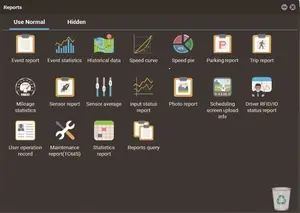






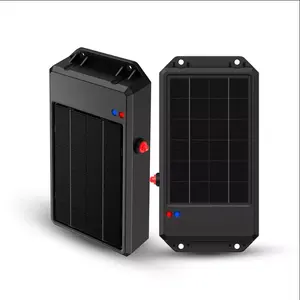


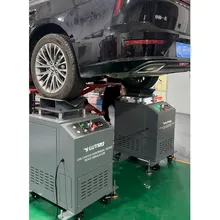


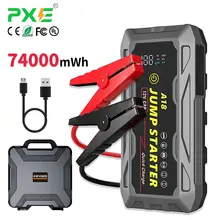
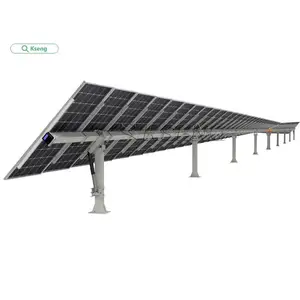




















 浙公网安备 33010002000092号
浙公网安备 33010002000092号 浙B2-20120091-4
浙B2-20120091-4